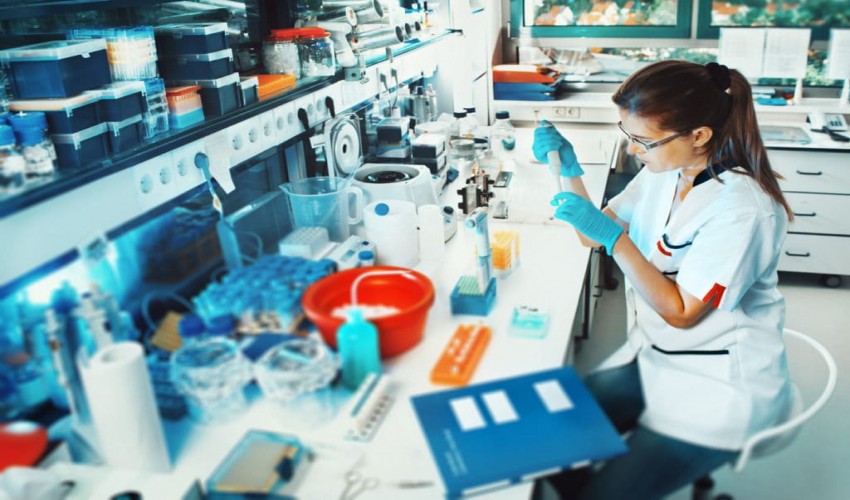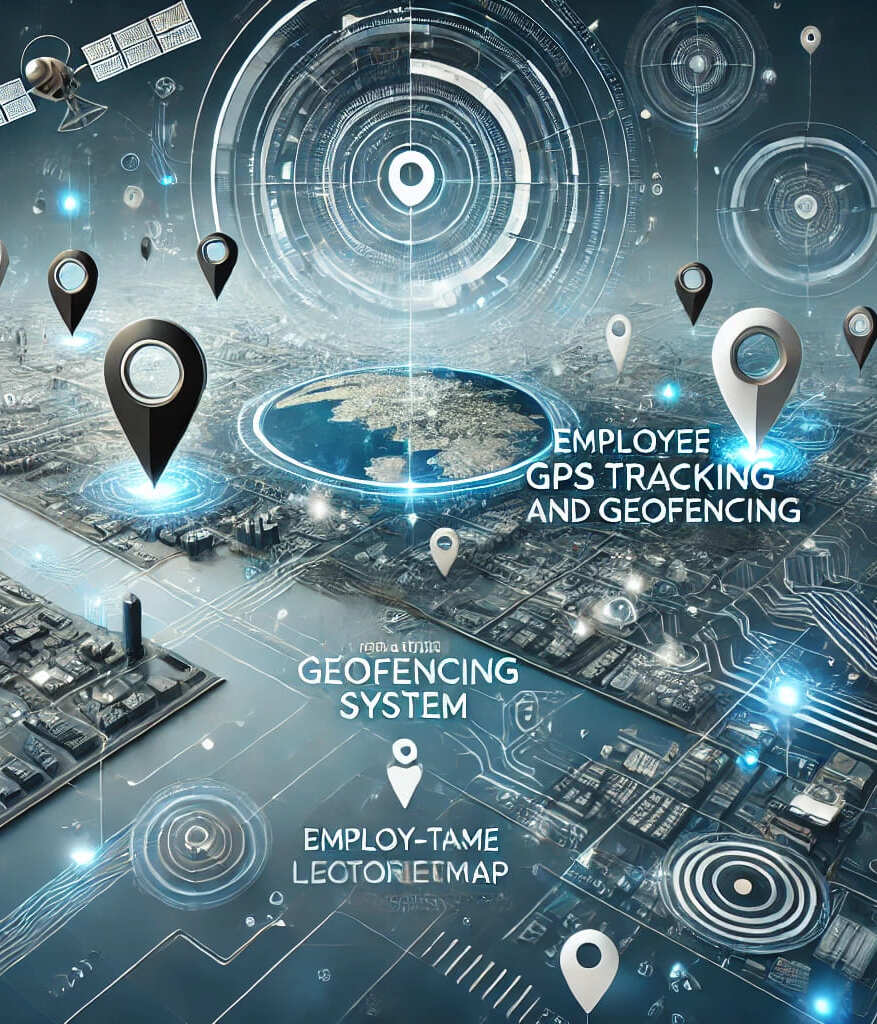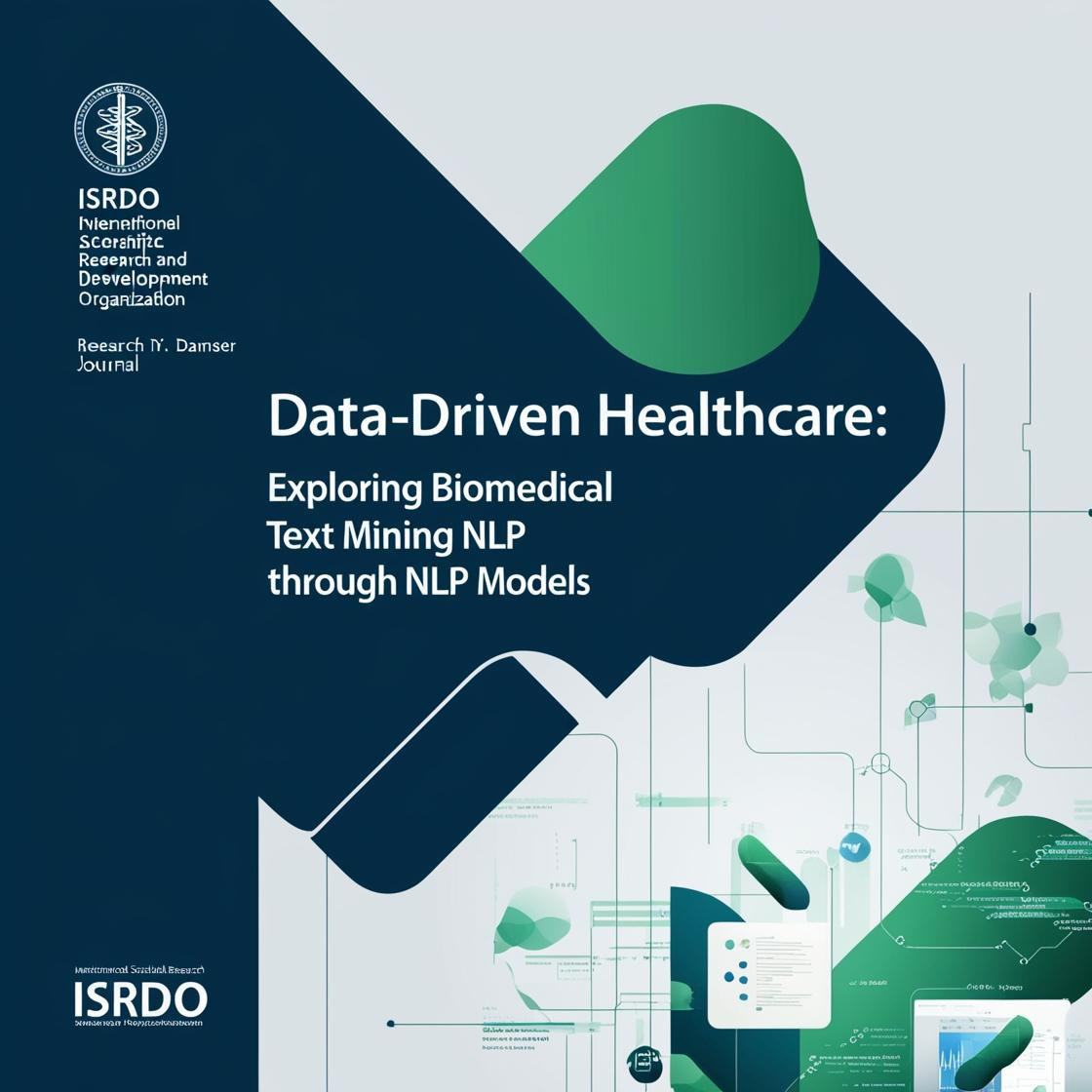
Biotechnology Engineering
The wide concept of "biotech" or
"biotechnology" encompasses a wide range of procedures for modifying
living organisms according to human purposes, going back to domestication of
animals, cultivation of the plants, and "improvements" to these
through breeding programs that employ artificial selection and hybridization.
Modern usage also includes genetic engineering as well as cell and tissue
culture technologies. The American Chemical Society defines biotechnology as
the application of biological organisms, systems, or processes by various
industries to learning about the science of life and the improvement of the
value of materials and organisms such as pharmaceuticals, crops, and livestock.
Per the European Federation of Biotechnology, biotechnology is the integration
of natural science and organisms, cells, parts thereof, and molecular analogues
for products and services. Biotechnology is based on the basic biological
sciences (e.g. molecular biology, biochemistry, cell biology, embryology,
genetics, microbiology) and conversely provides methods to support and perform
basic research in biology.
Biotechnology is the research and development in the
laboratory using bioinformatics for exploration, extraction, exploitation and
production from any living organisms and any source of biomass by means of
biochemical engineering where high value-added products could be planned
(reproduced by biosynthesis, for example), forecasted, formulated, developed,
manufactured, and marketed for the purpose of sustainable operations (for the
return from bottomless initial investment on R & D) and gaining durable
patents rights (for exclusives rights for sales, and prior to this to receive
national and international approval from the results on animal experiment and
human experiment, especially on the pharmaceutical branch of biotechnology to
prevent any undetected side-effects or safety concerns by using the products).
The utilization of biological processes, organisms or systems to produce
products that are anticipated to improve human lives is termed biotechnology.
By contrast, bioengineering is generally thought of as a
related field that more heavily emphasizes higher systems approaches (not
necessarily the altering or using of biological materials directly) for
interfacing with and utilizing living things. Bioengineering is the application
of the principles of engineering and natural sciences to tissues, cells and
molecules. This can be considered as the use of knowledge from working with and
manipulating biology to achieve a result that can improve functions in plants
and animals. Relatedly, biomedical engineering is an overlapping field that
often draws upon and applies biotechnology (by various definitions), especially
in certain sub-fields of biomedical or chemical engineering such as tissue
engineering, biopharmaceutical engineering, and genetic engineering.
- Enzyme technology
- Molecular Biology
- Genetics and Cytogenetics
- Bioprocess Principles
- Immunology
- Biophysics
- Microbiology
- Momentum Transfer
- Chemical process calculations
- Chemical Engineering Thermodynamics
- Mechanical operations & heat transfer
- Biostatistics
- Vector Biology and Gene manipulation
- Protein Engineering
- Animal Biotechnology
- Bioinformatics
- Analytical Techniques
- Instrumentation and Process control
- Plant Biotechnology
- Genomics and Proteomics
- Medical Biotechnology
- Plant Biotechnology
- Mass Transfer
- Bioreactor design
- Bioethics
- IPR & Patent rights
- Biochemistry
- Organic Chemistry
- Genetics
- Thermodynamics
- Taxonomy
- Process Engineering
- Food Science
- Management
- Advanced Molecular Biology
- Immunology
- Life Sciences
- Chemistry
- Industrial and Environmental Biotechnology
- Process Control
- Agricultural Biotechnology
- Plant Design
- Bio process Engineering
- Genomics
- Nano Biotechnology
- Animal and Plant Biotechnology
- Bioseparation Technology
- Bionanotechnology
- Fermentation technology
- Food Biotechnology
Recent Published
Submit Manuscript
To give your manuscript the best chance of publication, follow these policies and formatting guidelines.


